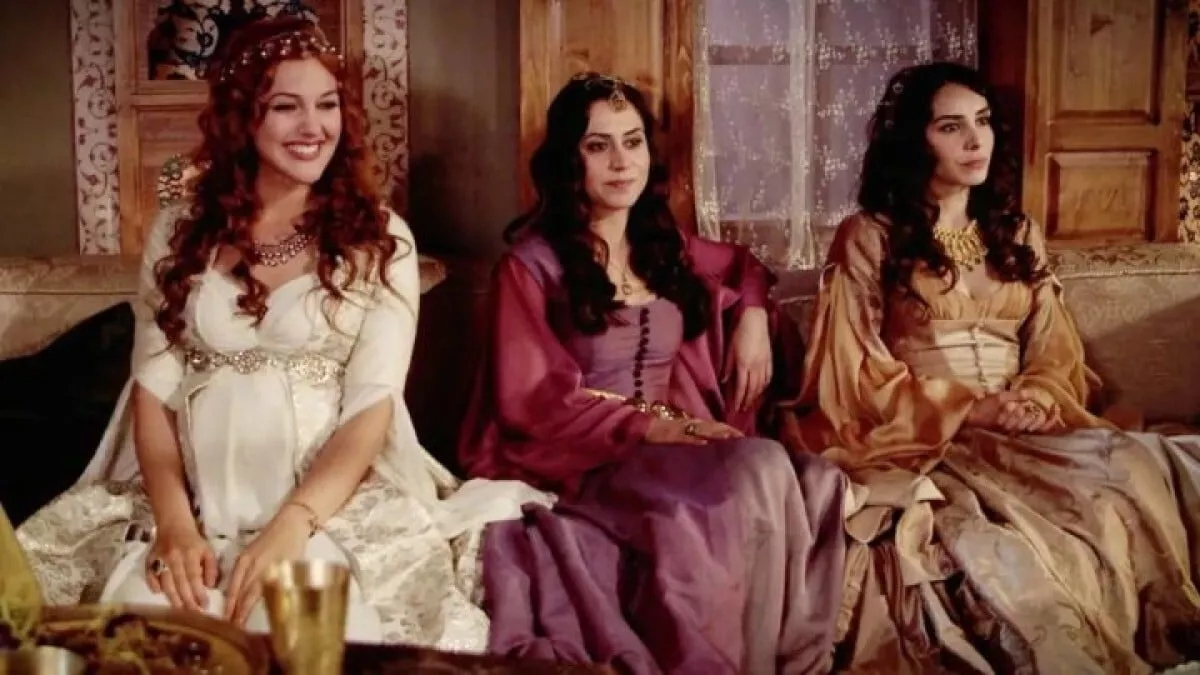Sultan's Harem: Wisdom and Will Over Beauty

When talking about the Sultan's harem, many imagine it merely as a collection of women with beautiful and unique appearances. This was reported by Upl.uz.
In reality, the path to entering the harem was very complex, and outward appearance was not the only criterion. Women underwent a strict selection process, where not only their beauty but also their intelligence, health, upbringing, and personal charm were evaluated.
Girls came to the harem through various means: they could be brought by their parents, sold through subdued markets, or brought after military campaigns. In any case, each woman was carefully examined.
Extraordinary and memorable appearance, well-groomed hair, and fair skin — all these were considered signs of respect. However, the most important criterion was perfect health.
The women in the harem were prepared not only for entertainment but also for palace life. They were taught music, dance, poetry writing, etiquette, and the art of speech.
The ability to continue a conversation and be an interesting interlocutor was highly valued alongside appearance. These qualities allowed them to become the Sultan's favorite women and even his advisors, helping to influence his decisions.
Life behind the closed doors of the harem was far from laziness. The women paid special attention to themselves, visited baths, and used natural beauty products.
Many had their own jewelry and financial independence, and some even had the right to refuse the Sultan. This situation contradicted the stereotypes shown in many films, including the series "Magnificent Century."
The Sultan's favorite women became state-level figures who could influence his political decisions. The lives of famous figures like Hürrem Sultan show that in the Ottoman Empire, the path to power could also pass through the walls of the harem.
The life of the women in the harem was a mixture of luxury, strict rules, and constant competition. This was not a story about beauty dolls but about women capable of finding their place through intellect, willpower, and political play.
They worked hard to strengthen their position beside the ruler.

